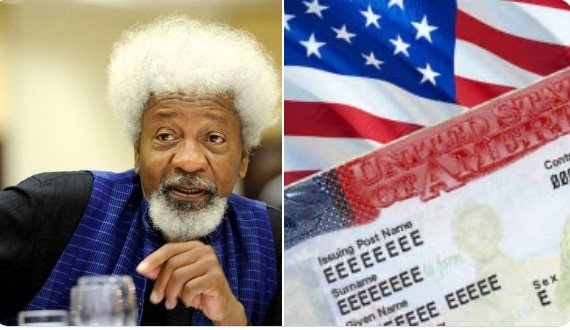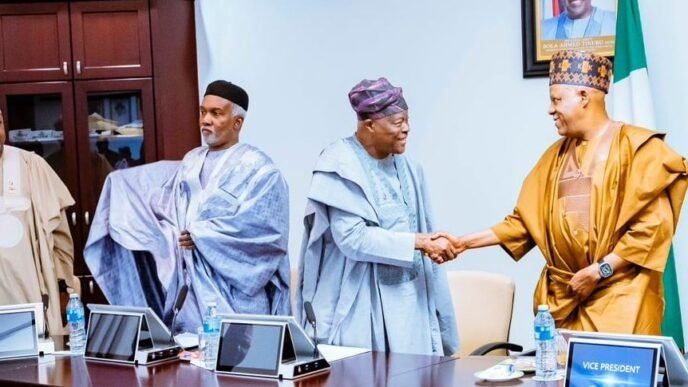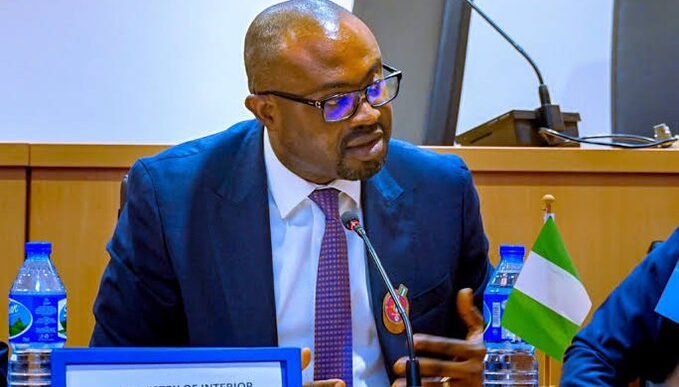The Bauchi State Government has formally initiated steps to create 29 new Local Government Areas (LGAs) across the state — a move it says is aimed at improving governance, ensuring equitable resource distribution, and bringing public administration closer to the grassroots.
The proposal, which has already been transmitted to the National Assembly for legislative consideration, is part of a broader plan to restructure the state’s administrative framework and enhance service delivery across all regions.
According to government officials and documents obtained from the Bauchi State House of Assembly, the new LGAs would be carved out from the existing 20, making a total of 49 LGAs if approved by the Federal Government.
Background of the Proposal
Bauchi State, one of Nigeria’s largest by landmass and population, has long faced challenges in governance efficiency due to the vast geographical spread of some of its local government areas. For example, Toro, Alkaleri, and Bauchi LGAs are among the largest in Nigeria by land area, encompassing dozens of communities that often struggle to access administrative centres.
Governor Bala Mohammed has consistently advocated for decentralised administration, arguing that the creation of more LGAs will strengthen rural development, improve revenue generation, and allow for more targeted infrastructural projects.
Sources within the Bauchi State Executive Council confirmed that the proposal was first deliberated upon in early 2025 after several petitions from communities demanding administrative independence.
A senior official familiar with the discussions said, “The government received over 60 formal requests from traditional rulers, community associations, and civic groups asking for new LGAs. After an internal review and consultations with experts, 29 of these were considered viable and sustainable.”
Proposed New LGAs
Though the final list has not yet been published officially, local reports suggest that the proposed LGAs include the following divisions carved out of existing ones:
- Toro LGA: To be split into Lame, Jama’a, and Toro Central
- Bauchi LGA: To be divided into Birshi-Zungur, Galambi, and Bauchi Munsifa
- Alkaleri LGA: To be split into Yankari, Gwana, and Pali
- Tafawa Balewa LGA: To be divided into Lere North, Lere South, and Bula
- Katagum, Misau, and Darazo LGAs are also expected to be divided into smaller administrative units due to their size and population.
This restructuring would, if approved, make Bauchi one of the states with the highest number of LGAs in Nigeria.
Why the Move?
Supporters of the plan argue that the creation of additional LGAs is not just an administrative exercise but a practical necessity.
- Overstretched Existing LGAs:
Some of Bauchi’s LGAs are so large that residents must travel several hours to reach the local council secretariat. This hinders access to government services, especially in education, healthcare, and agricultural extension. - Equitable Resource Allocation:
With more LGAs, the government can allocate resources more effectively and ensure that rural communities benefit directly from federal and state allocations. - Enhanced Security Management:
Smaller administrative units make it easier to coordinate security operations and community policing, particularly in border areas vulnerable to banditry and herder–farmer conflicts. - Improved Representation:
New LGAs will increase representation in the state assembly and local councils, giving historically marginalised communities a stronger political voice.
Governor Bala Mohammed has stated that the move aligns with his administration’s vision of inclusive governance. He noted that “effective local government administration is key to our development strategy, and we must ensure no community is left behind.”
Legal and Constitutional Framework
Under Section 8 of the 1999 Constitution of the Federal Republic of Nigeria (as amended), the creation of new LGAs requires both state and federal approval. The process involves:
- Passage of a bill by the Bauchi State House of Assembly approving the creation of the new LGAs.
- Ratification by two-thirds of the members of the House of Assembly and consent from the affected LGAs.
- Forwarding the proposal to the National Assembly for inclusion in the constitution through an amendment process.
- Possible ratification by a referendum in affected areas.
As of Thursday, officials confirmed that Bauchi State had completed the first two stages and formally forwarded the request to the National Assembly’s Committee on Constitutional Review for consideration.
National Assembly’s Role
Lawmakers at the federal level have confirmed receipt of multiple submissions from state governments seeking constitutional recognition of new LGAs. The Senate Committee on State Creation and Boundary Adjustment is expected to deliberate on the Bauchi proposal in the coming weeks.
However, insiders say the National Assembly has yet to approve any new LGA creation nationwide, as such decisions require broad consensus and constitutional amendment procedures.
Senator Shehu Buba Umar, representing Bauchi South, recently clarified that while his office has received petitions from communities seeking new LGAs, no final approval has been granted by the Senate.
He said, “We have received requests and proposals, but the creation of LGAs is a national constitutional matter. Until the amendment process is completed, no new LGA can be legally recognised.”
Reactions from Stakeholders
The move has sparked wide public debate across Bauchi State.
Community leaders, youth organisations, and traditional rulers have largely welcomed the proposal, saying it will bring development closer to the people.
The District Head of Lame, one of the proposed new LGAs, expressed optimism that the change would finally give his people direct access to government programmes. “For too long, our people have been neglected because we are far from Toro headquarters. If this new LGA becomes a reality, it will transform our lives,” he said.
However, some critics have cautioned against creating LGAs that may not be financially viable. A civil society group in Bauchi warned that without a sustainable funding model, the new LGAs could become “administrative liabilities” rather than engines of development.
Economists and governance experts have also urged caution. Dr. Abdulkarim Sulaiman, a political economist at Abubakar Tafawa Balewa University, said, “The intent is noble, but the fiscal implications are huge. Every new LGA requires staff, offices, vehicles, and infrastructure. Unless there’s a clear plan to fund them, this could overburden the state budget.”
Financial and Administrative Implications
If approved, the creation of 29 additional LGAs will have far-reaching financial implications. Each local government is constitutionally entitled to monthly allocations from the Federation Account Allocation Committee (FAAC).
However, since FAAC disbursements are based on the constitutionally recognised 774 LGAs, newly created councils at the state level cannot immediately receive federal allocations until they are formally listed in the constitution.
This means that the Bauchi State Government may initially need to finance the new LGAs from its Internally Generated Revenue (IGR) or state subventions until federal approval is granted.
A senior finance ministry official said, “The challenge is sustainability. If the National Assembly delays recognition, the state will have to shoulder the cost of running these councils for months or even years.”
Political and Social Impact
Politically, the creation of new LGAs could reshape Bauchi’s internal power dynamics. Communities that have long felt marginalised could gain new platforms for political participation, while new administrative seats would open opportunities for local leadership and employment.
Analysts believe the move could also influence future elections by redistributing voter strength and party structures across the state.
Socially, smaller LGAs could lead to more responsive governance — including better health, education, and agricultural support services. However, experts warn that success will depend on transparent leadership, efficient resource management, and local accountability.
What Happens Next
The process now lies with the National Assembly, which must either accept or reject Bauchi State’s proposal as part of its ongoing constitutional review exercise.
If approved, Bauchi will join states like Lagos and Ebonyi that have previously created additional local council development areas pending federal recognition.
For now, the Bauchi State Government has begun sensitisation and stakeholder meetings in anticipation of federal endorsement. The governor’s office has pledged that community consultations will continue until the process is completed.
Conclusion
The Bauchi State Government’s push to create 29 new Local Government Areas marks a major milestone in its decentralisation and development agenda.
While the decision has generated excitement among residents eager for local empowerment, it also raises serious questions about fiscal sustainability, constitutional hurdles, and administrative efficiency.
If carefully implemented, the move could significantly improve governance and service delivery across Bauchi State’s vast rural landscape. But if poorly executed, it risks compounding the state’s financial burden and administrative challenges.
As the proposal advances to the National Assembly, all eyes will be on whether lawmakers will back Bauchi’s bold step toward a new era of local governance — or insist on a more cautious, incremental approach.














